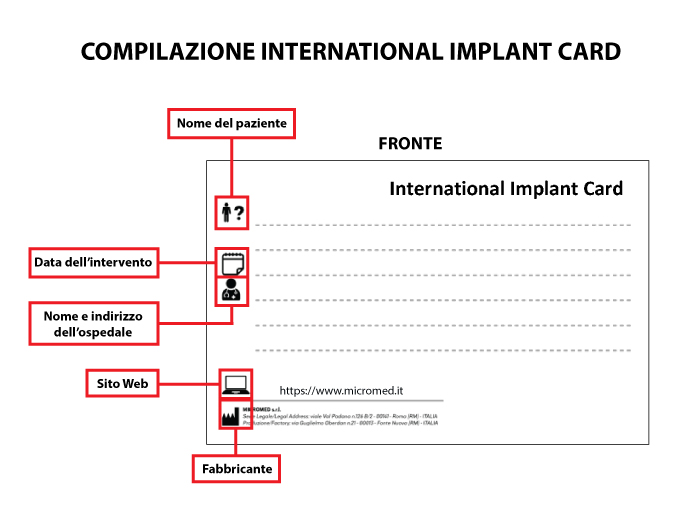PDMS
WARNINGS

General description of the device
Medical devices in the PDMS family are on the market under various trade names, some of which bear the trademark of the distributor responsible for selling to end users.
PDMS is a viscous, high-density fluid intended to replace the vitreous humor, found in the eyeball, in surgeries in which the eyeball must be removed.
In less complicated cases, the vitreous is not replaced, while at other times it is necessary to replace it with a so-called “vitreous substitute,” such as when there is a need to support the retina that might detach again or when there is a hemorrhagic risk or an excessive decrease in ocular pressure (hypotono) following the operation.
After surgery, PDMS remains inside the eye for varying times from 3 to 6 months depending on the clinical situation and in any case for a period of more than 30 days.
The device should only be used in sterile field by professionals.
Contraindications
The main contraindications are for use by health care providers.
Patients who have undergone PDMS surgery must strictly follow the instructions they were given at the hospital. They must also keep the implantable card and show it whenever they visit the hospital.
The patient should definitely avoid exertion and pressure surges.
Risks and Warnings
You should contact your doctor if you believe you are experiencing side effects related to the device or if you are concerned about the risks. The purpose of this document is not to replace a consultation with your physician.
Follow the advice and precautions given to you at the hospital. Never stop treatment unless the surgeon says so; they help the operated eye heal better and prevent complications.
- Hold the head in the position indicated by the doctor.
- Do not rub the operated eye at all.
- Avoid putting any kind of pressure on the eye, such as while instilling medical eye drops or while washing your face.
- Avoid overexertion.
- Have all periodic checkups set by your doctor. Even after healing, the eye should be checked periodically by the ophthalmologist.
- Failure to take proper care, dressings, and postoperative checkups can jeopardize the success of the surgery.
- Always carry the implantable tag given to you and show it to the medical staff when you go to the hospital.
- See your doctor immediately if you experience symptoms other than those described by your doctor.

